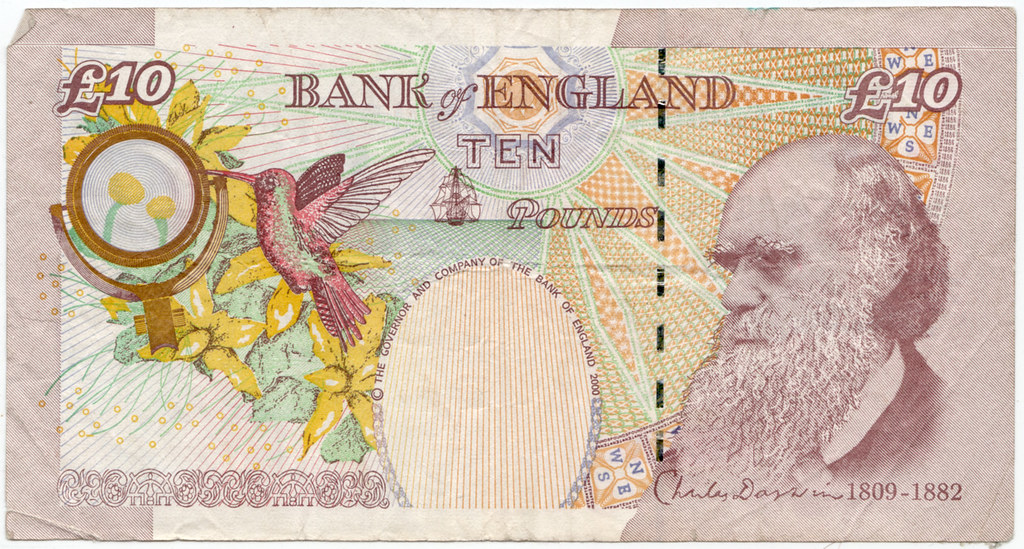A disruptor is a company that changes the traditional way an industry operates, especially in a new and effective way. In the case of Challenger banks it’s disruption of the entire financial industry, as it’s in crash collision, like the “perfect storm” with the Self-sovereign Identity (SSI) movement.
Self-sovereign Identity (SSI) will pre-qualify two thirds of the world’s population to cheap banking products with one click, very similar but even easier than switching phone carriers. When it’s all that easy, temptation becomes too much and people will gravitate to the best service for the lowest price, that’s where Challenge banks outshine their old-school credit union competitors.
A place will remain for top tier banks and in many cases they’re the progeny of the Challenge bank, as in the case of Tangerine and BMO, to mention just two. The point here is that Credit Unions are the first to build the global infrastructure to take advantage of SSI but it will be Challenge banks that win in the end.

Challenger banks are small, recently-created retail banks in the United Kingdom that compete directly with the longer-established banks in the country, sometimes by specialising in areas underserved by the “big four” banks (Barclays, HSBC, Lloyds Banking Group, and Royal Bank of Scotland Group). As well as new entrants to the market, some challenger banks were created following divestment from larger banking groups (TSB Bank from Lloyds Banking Group) or wind-down of a failed large bank (Virgin Money from Northern Rock).
The banks distinguish themselves from the historic banks by modern financial technology practices, such as online-only operations, that avoid the costs and complexities of traditional banking. In order to be defined as a “bank”, the company must be authorised to accept retail deposits by the UK financial regulator the Prudential Regulation Authority (PRA).
Prior to changes in the regulatory landscape in the UK financial services industry, setting up a new bank, with a full UK banking license, was extremely expensive and time consuming. This led to a very small number of banks dominating the UK market – the so-called Big Four – with virtually no competition at all. Indeed, when Metro Bank received their license in 2010, it was the first one to have been issued by the UK government in 100 years.

In the wake of the 2008 financial crisis, it was decided to open the market up to new banks. After a period of consultation, the regulation to enable this formed part of the Financial Services Act 2012, which came into force on April 1, 2013. A summary and assessment from Harvard Law School can be accessed online.
To assist new firms to enter the banking market, the PRA, part of the Bank of England, set up their New Bank Start-up Unit which guides firms through the process from an expression of interest, through the application process, to ‘authorisation with restrictions’ if appropriate, and finally to those restrictions being lifted and the firm being granted a full banking license.
List of challenger banks
This list contains notable companies that have received PRA authorisations to operate as banks in the UK:
| Bank | Established |
|---|---|
| Aldermore | 2009 |
| Atom Bank | 2016 |
| Metro Bank | 2010 |
| Monzo | 2015 |
| N26 | 2016 |
| OakNorth | 2015 |
| Shawbrook Bank | 2011 |
| Starling Bank | 2014 |
| Tandem | 2015 |
| Tesco Bank | 1997 |
| Virgin Money | 1995 |
See also
Self-sovereign Identity is the key disruptor that enables Challenger banks to compete with Credit Unions so easily, since they aren’t faced with geographical areas but rather wanting to become ubiquitous by co-branding and ever-more clever marketing strategies.
At the end of the day, it’s the millennials who decide the fate of the future and before this decade ends the value will be judged.
Challenger banks Photo credit: barbourians on Visualhunt / CC BY-SA

Leave a Reply